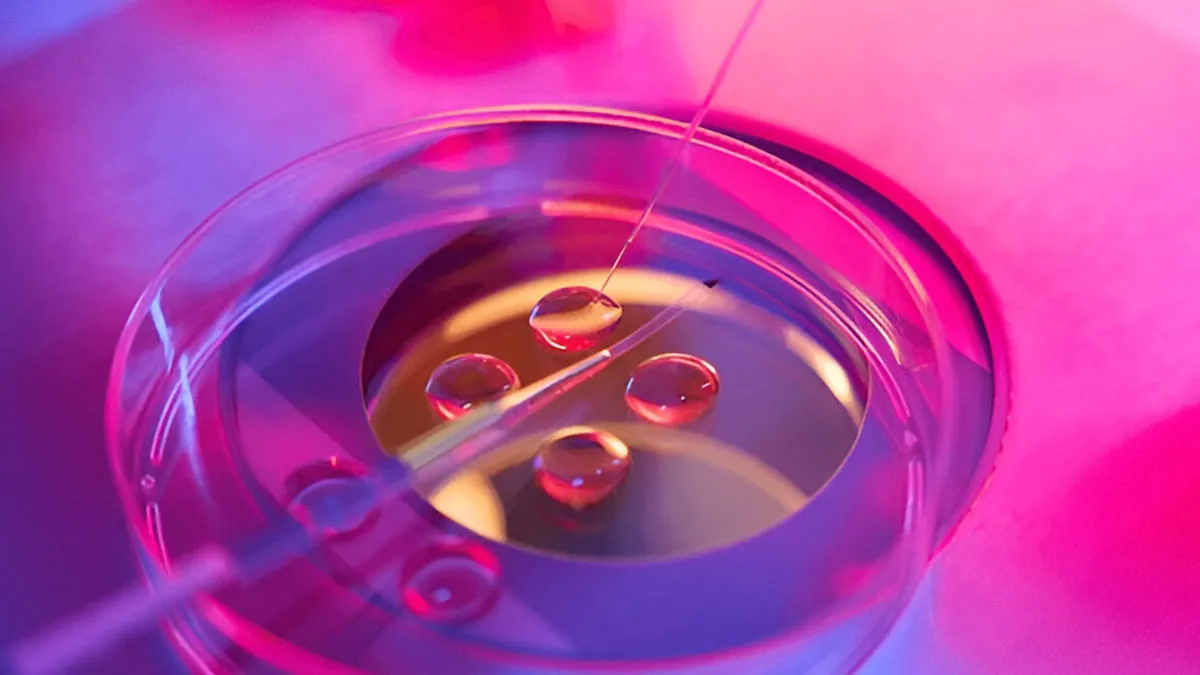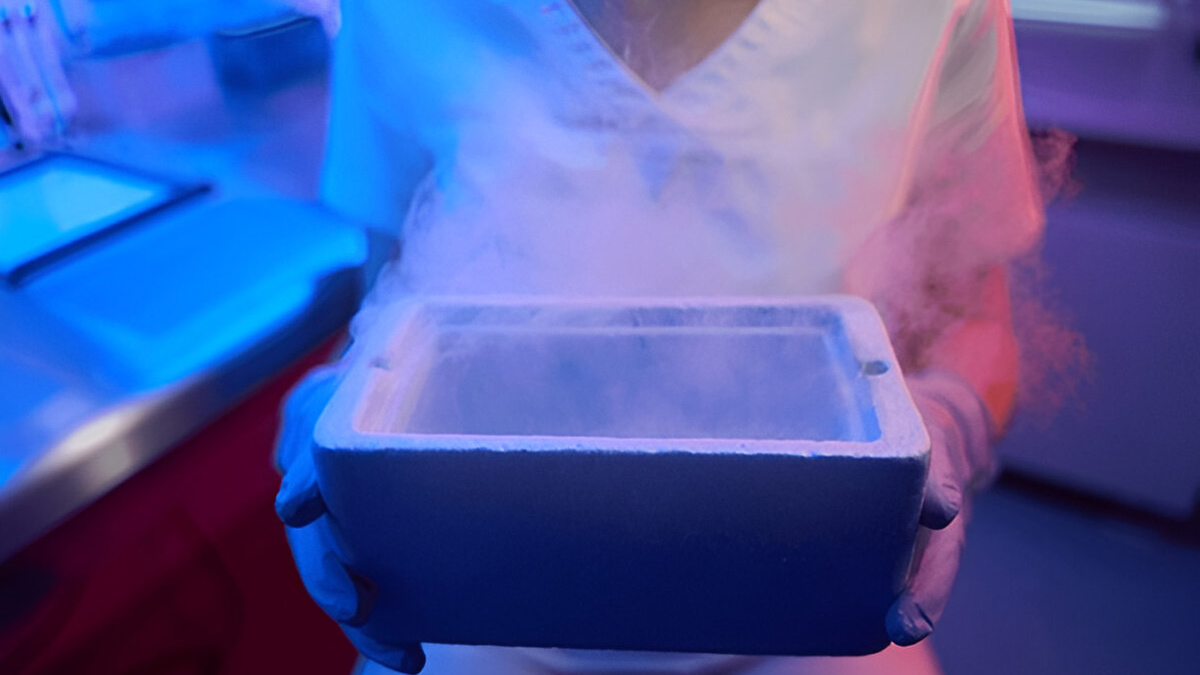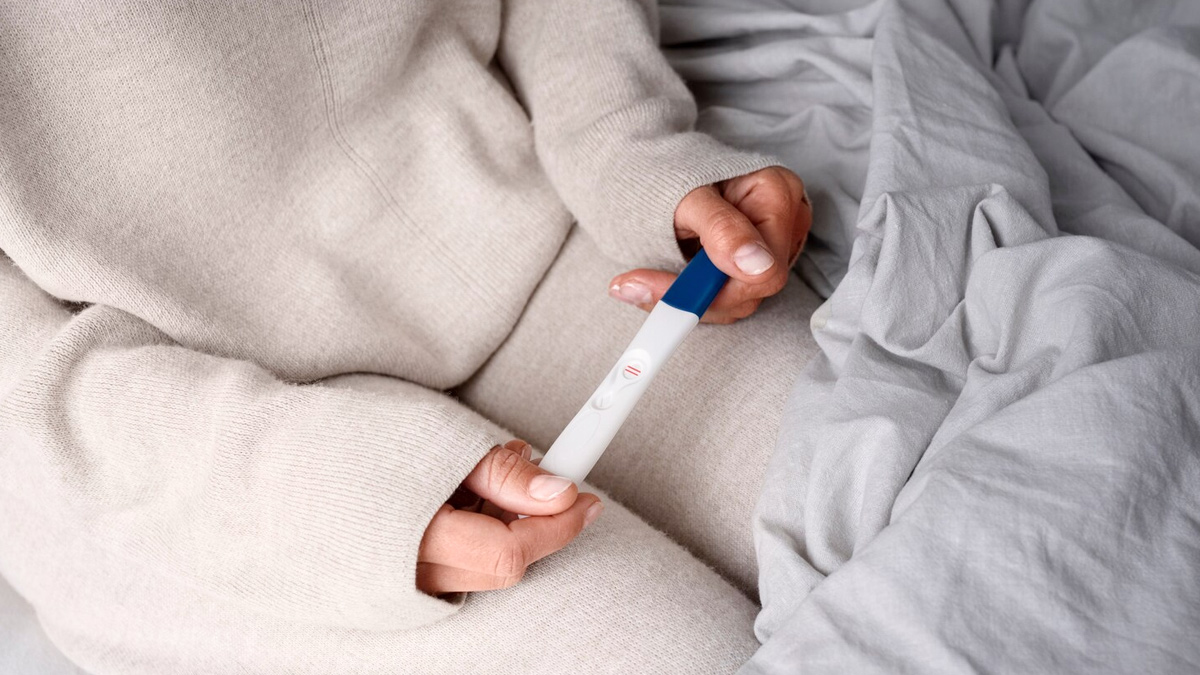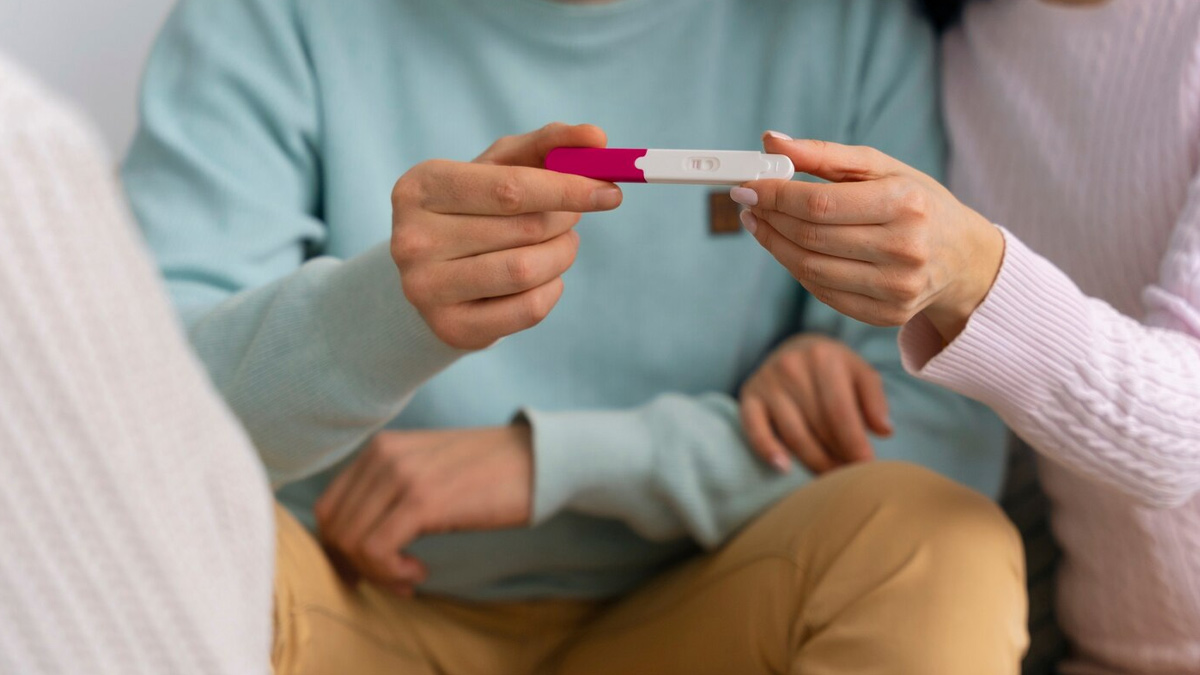
We have entered an age where people are driven, ambitious, and want more in life than just building a family. The younger generation is more focused on their career, education, and finding a suitable partner who is not just supportive but equally passionate. This is why many people are choosing to postpone having children and starting a family.
Table of Content:-
For such individuals, egg freezing is a blessing in disguise. It is a procedure that provides control over one's biological clock and fertility by preserving eggs at their current age and quality. But before opting for this medical process, here are six important things women should consider.
Also Read: Fertility Check: How To Know If You Have A Good Ovarian Reserve
Understanding The Egg Freezing Process

The egg freezing process, also known as oocyte cryopreservation, is a way for women to preserve their fertility for the future. Dr Suparna Bhattacharya, Fertility Specialist, Nova IVF Fertility, Kolkata, explains, "The egg freezing process involves 10-11 days of hormonal injections (gonadotropins) to stimulate the ovaries to make multiple eggs, which increases the chances of success."
These eggs are then collected through a simple, minor procedure. Instead of being used immediately, the eggs are quickly frozen using a special technique called vitrification, which keeps them safe and preserves their quality. They’re stored in secure tanks at very low temperatures until the woman is ready to use them. At that point, the eggs can be thawed, fertilised with sperm, and developed into embryos through In Vitro Fertilisation (IVF), offering the chance to plan pregnancy at a later stage in life.
What Is The Ideal Age For Women To Consider Egg Freezing?

According to Dr Bhattacharya, the ideal age to think about egg freezing is between the ages of 25 and 35. "This is when the quality of the eggs is at its best (healthiest), and there is the most opportunity to freeze healthy, viable eggs," she notes.
She adds that egg freezing at a younger age will provide the best opportunity for women to have more successful pregnancies later in life.
"Most experts recommend egg freezing prior to turning 38 years of age, because past that age, a decline in egg quality will reduce the chances drastically and make a huge difference, thus limiting the number of eggs to freeze."
What Is The Success Rate Of Egg Freezing?
The success rate of egg freezing varies significantly based on a woman's age at the time of freezing, with younger women having a higher chance of a live birth from their frozen eggs.
Dr Bhattacharya shares: “Women under the age of 34 will have a success rate of between 10% and 25% with every cycle. Women ages 35-40 are less than 10%, and women over the age of 40 are around 2%. The chances of a live birth from using frozen eggs for women under age 35 are about 70%-80%. Chances of a live birth with frozen eggs for women aged 35-40 will be between 50% and 70%. After age 40, it will drop below 50%.”
So, if you freeze eggs, the age you do it relates to the chances of success. While there is an improvement in the chances of success, the eggs are frozen at a younger age.
Is Egg Retrieval Painful?

Egg retrieval can be painful, but the level of pain depends on the pain relief method used. Dr Bhattacharya notes egg retrieval is painless, as it is done under anaesthesia.
Research shows that oral painkillers provide the least relief, while intravenous or intramuscular opioids are more effective, with intramuscular medication offering the lowest pain scores. Most women describe the procedure as uncomfortable rather than unbearable, and pain can be managed with proper medication.
Also Read: Oncofertility: How Cancer Treatments Affect Fertility And What You Can Do Before Starting
The Risk Of Ovarian Hyperstimulation Syndrome (OHSS) And Other Side Effects.
While going through egg freezing, there is a chance patients can run into Ovarian Hyperstimulation Syndrome (OHSS), warns Dr Bhattacharya.
OHSS is a complication of fertility treatments that involves the ovaries becoming swollen and fluid leaking into the abdomen and chest. According to the doctor, it happens only in 1-5% of PCOS patients and is very severe in less than 1%. There are no serious side effects with proper medicines and trigger injections.
Besides OHSS, there are slight issues like nausea, discharge, etc.
In rare cases, there may be bleeding or infection. No long-term health risks are present. Patients resume normal menstrual cycles post-procedure. Frozen eggs can be used later for a successful pregnancy.
How To Prepare For The Emotional And Psychological Rollercoaster?
According to Dr Bhattacharya, the decision to freeze eggs can be emotionally overwhelming, often accompanied by stress and anxiety.
Many women worry about the success of the procedure and their future fertility, while societal pressures around delayed motherhood can add to the emotional burden.
Feelings during this journey may range from optimism and hope to uncertainty, stress, or even regret. Dr Bhattacharya recommends that women seek support from mental health professionals or engage in practices like therapy and mindfulness to process these emotions in a healthy way.
At the same time, leaning on family and social networks can provide valuable reassurance and help buffer the emotional challenges associated with egg freezing.
Also watch this video
How we keep this article up to date:
We work with experts and keep a close eye on the latest in health and wellness. Whenever there is a new research or helpful information, we update our articles with accurate and useful advice.
Current Version